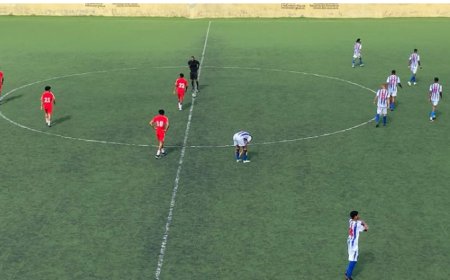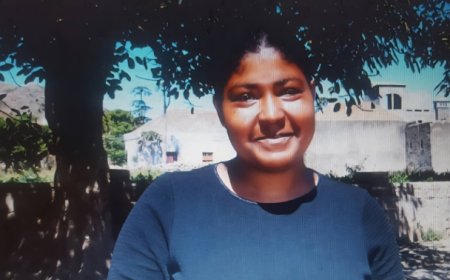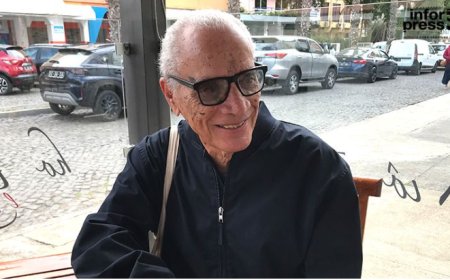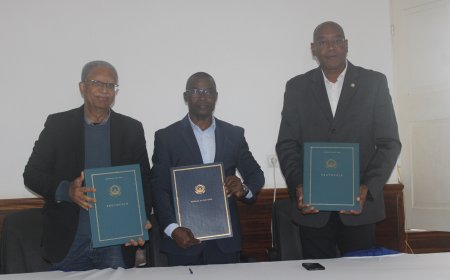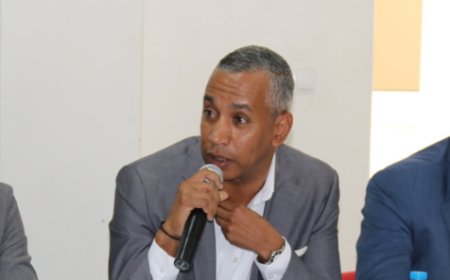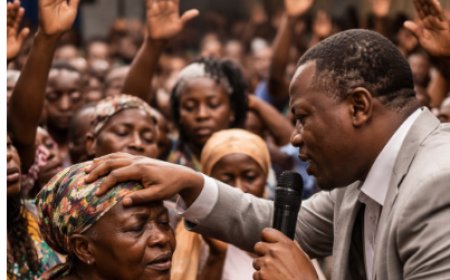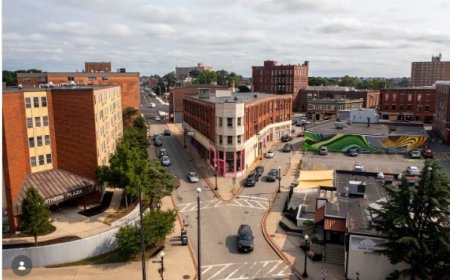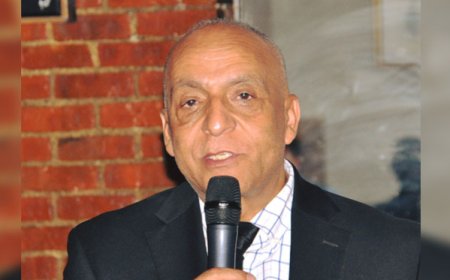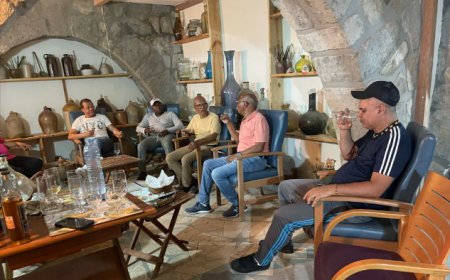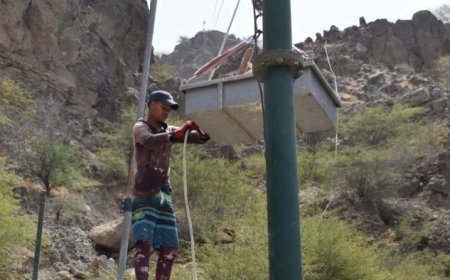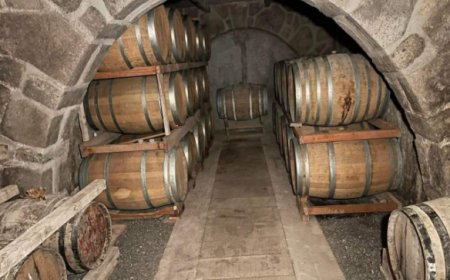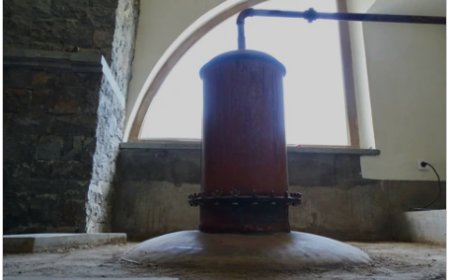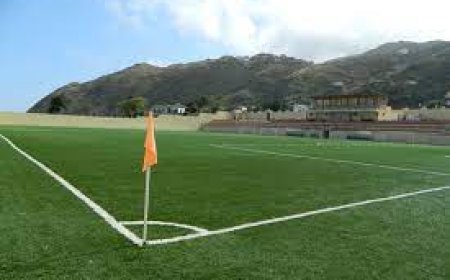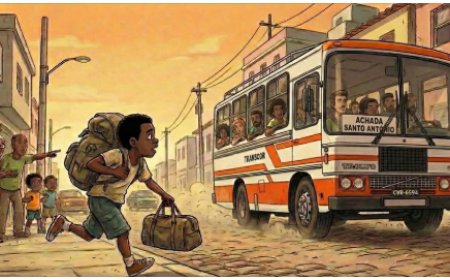Ah Djabraba un ca negabo - Any Delgado
Brava is more than just an island; it is a living memory, unspoiled beauty, a reliquary of resistance. It was a strategic port in history, the starting point for our emigration to the United States and the birthplace of Eugénio Tavares, one of the mirrors of Cape Verdeanness.

It's the island of flowers, not by chance, but by essence - every hillside is covered in color, every valley is a haven of green, and every viewpoint opens up like an unfinished verse over the sea.
But what country is this that turns its back on its own poetry?
But what country is this that turns its back on its own poetry?
Brava is forgotten, not because it has been erased, but because it has been erased. People live here surrounded not only by the sea, but by abandonment; each unfulfilled promise adds weight to the weariness, as if the people of Brava were second-class citizens, condemned to wait forever for a boat that doesn't arrive, for a government that doesn't respond, and for a state that prefers to ignore them.
It's a wait that burrows into the skin and corrodes the soul; and in the midst of this forced isolation, the few hotels that still stand have become survivors of a strangled economy, with no tourists, no bookings and no future. The rooms are ready, the sheets are ironed, but the beds are empty, because no one visits an island that the country itself can no longer visit.
The state of inter-island transport is shameful; the absence of a regular and reliable sea link has for years been the sentence of isolation for the smaller islands. There is no timetable that can be met, there is no ship that can provide guarantees, there is no passenger who can travel with confidence. And this logistical vacuum doesn't just hurt those who want to leave; it also suffocates the local economy, kills tourism, drives away investment and wears away, day after day, the sense of belonging, because a country that can't connect its own islands can no longer pretend to be a united archipelago.
The last popular demonstration was a cry, an act of legitimate revolt in the face of institutional silence. And let it not be said that this is a technical or budget issue - it's not. It's a question of political will. When you want it, you do it; when you don't do it, it's because you don't want to, and there's no clearer argument.
It's true that there were only a few; the turnout was less than necessary. But it's not because they are few that they are less right; on the contrary, it's when they are few that courage is worth more. Even so, you have to come together; you have to get out of your resignation and make your voice heard, because no change is made on the sofa and no government listens to those who don't speak up. Today, you have to be there, if only for those who have given up hope of being there.
I have written about the islands that the country insists on calling "peripheral" (as if any part of the nation could be secondary). Brava, Santo Antão, Maio and São Nicolau all share the same fate and are all treated as leftovers from development, remembered at campaign time and forgotten in the exercise of governance.
No nation is built with its back turned to its shores.
The time has come to stop relativizing, to stop swallowing excuses, to demand with firmness and dignity what is basic: mobility, accessibility and respect, not just for Brava, but for the entire territory that insists on being treated as distant.
Because patriotism isn't about applauding those who govern, it's about holding those who don't deliver accountable. And hiding behind a party, continuing to justify the unjustifiable out of political loyalty, has not served Cape Verde, but has weakened us as a people, as a country, and as a collective project.
This is everyone's fight! Today, Brava is crying out... tomorrow it could be any other island. And when just one part of the archipelago is left behind, the whole national body staggers.
Ah Djabraba un ca negabo... Because to love the island is to fight for it, and to remain silent at this moment is to let it be condemned to definitive oblivion.
Any Delgado





